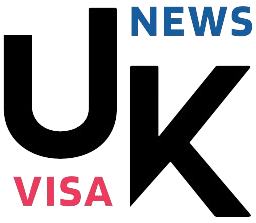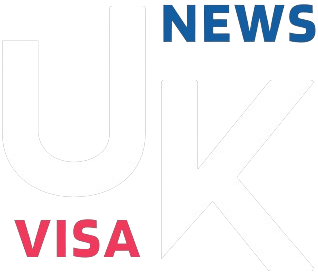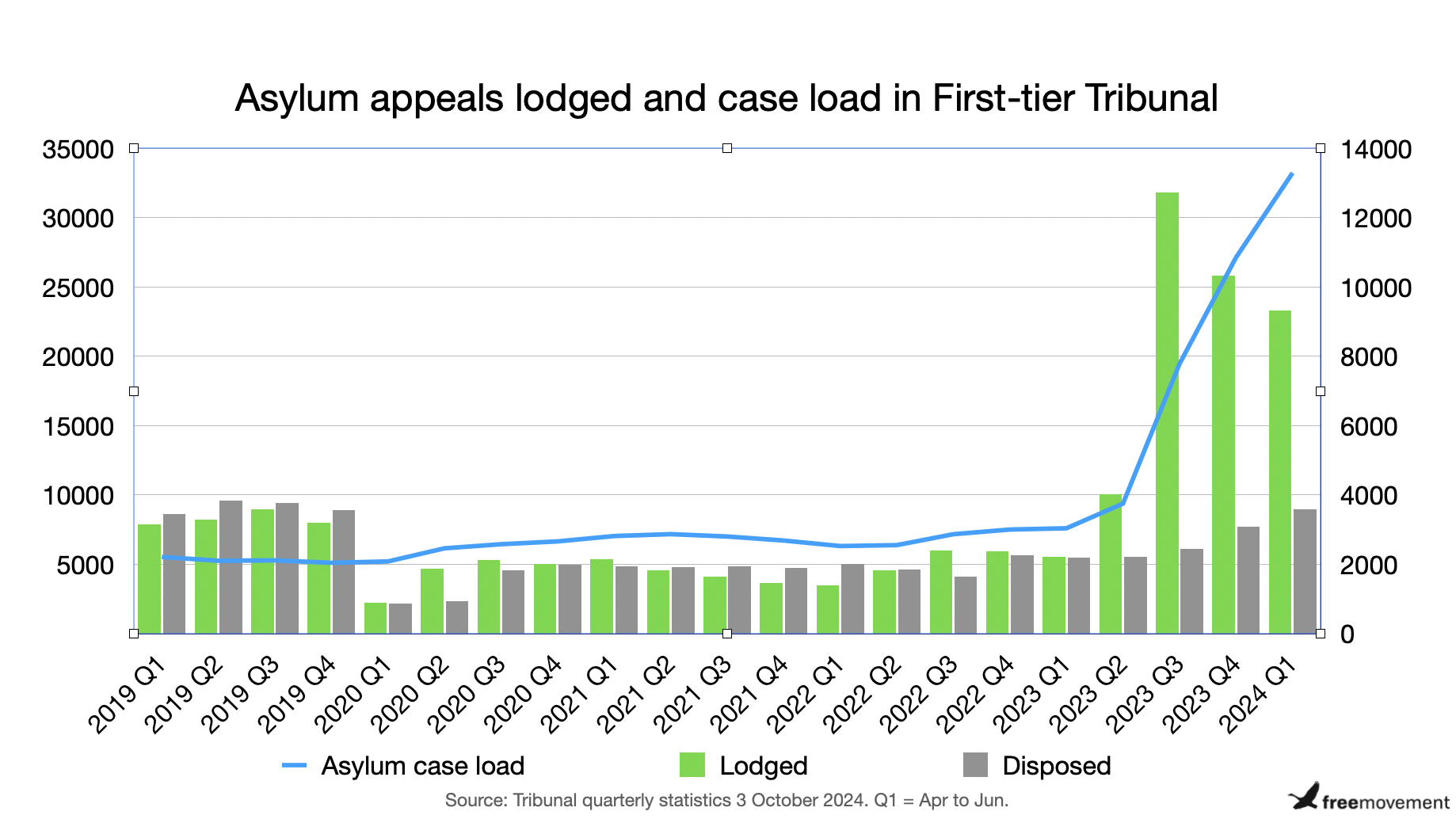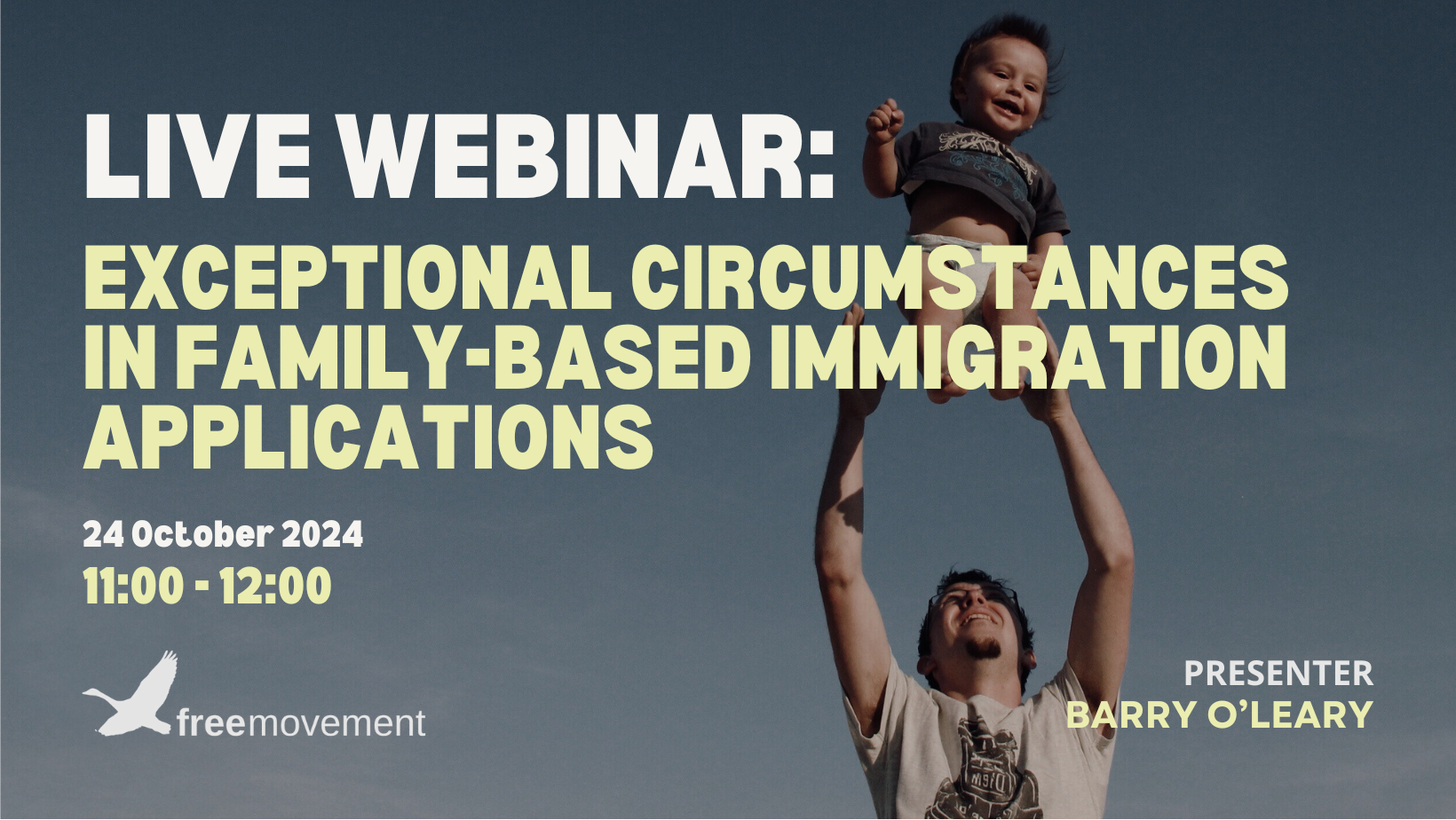By Madeline Haas – Authorized Affiliate
When submitting a UK visa software via UKVI, any data supplied must be true, correct and full in line with the applicant’s data. Nevertheless, as the method is oftentimes advanced and prolonged, it isn’t unusual for candidates to make errors whereas getting ready their visa purposes. The place a mistake has come to an applicant’s consideration, they need to contemplate whether or not remedial steps ought to be taken with a view to forestall additional points from arising.
The Dwelling Workplace caseworker steerage on false representations recognises the potential for an applicant to make errors of their visa software. Nonetheless, the results of submitting an software containing incorrect data could be very extreme if there’s a discovering of false representations, deception, false paperwork or nondisclosure of related information.
This weblog publish is the primary a part of our guide to visa software errors. On this publish, we talk about frequent software errors and contemplate what falls inside the parameters of an ‘innocent mistake’. Within the subsequent publish on this collection, we’ll talk about the potential penalties of submitting an software containing errors, and what corrective steps could be taken after discovering them.
Widespread UK Visa Utility Errors
It’s attainable to make errors within the representations and data submitted in a UK visa software. For this objective, the Guidelines embody statements and particulars supplied both orally or in writing, whether or not they’re supplied by the applicant or a 3rd social gathering. This might, for instance, embody the solutions supplied in a visa software type, oral solutions supplied in an immigration interview, or any additional submissions supplied in an immigration software.
An applicant may also mistakenly fail to reveal related information. Examples of nondisclosure which will adversely have an effect on a UK visa software could embody:
- Failure to reveal the existence of a member of the family, the place related;
- Failure to reveal a prison conviction;
- Failure to reveal earlier journey to the UK;
- Failure to reveal presence of members of the family within the UK; or
- Failure to reveal a visa refusal.
It’s equally attainable to submit incorrect or irrelevant paperwork by mistake. Relying on the circumstances, this might have something from a really minor impression to fairly a extreme impression on an software. This can be mentioned in additional element inside Half 2 of this collection.
What’s Thought-about an ‘Innocent Mistake’?
The Dwelling Workplace steerage, Suitability: false representations, deception, false paperwork, nondisclosure of related information Model 4.0, as revealed on 14 November 2023, distinguishes between false representations and harmless errors. It is very important perceive what differentiates the 2, as a discovering of ‘false representations’ can have severe penalties on a pending software, any future purposes, and even on an applicant’s present immigration standing within the UK.
Related Components in Figuring out if a Mistake is ‘Innocent’
If there’s motive to suspect a false illustration has been made in a visa software, resolution makers are required to first contemplate whether or not an harmless mistake has, or may have, been made. The steerage states that call makers should not refuse a visa on grounds of false representations the place there could have been an harmless mistake. In contemplating whether or not an harmless mistake has been made, the next components ought to all the time be thought of:
- How simple would it not be to make an harmless mistake?
- How doubtless is it that the applicant was unaware the knowledge has been supplied?
- how doubtless is it the applicant, or the individual offering the knowledge, and so forth, is conscious that the knowledge is wrong)?
- Does the false data profit the applicant?
- Is it contradicted by different solutions on the appliance type, or by any data in any paperwork supplied with the present or a earlier software?
- Does any endorsement or stamp within the passport or ID doc contradict any reply given?
- has a brand new passport been introduced, and if that’s the case why?
- Has this ‘innocent mistake’ additionally been made on a earlier software?
Examples of ‘Innocent Mistakes’
The steerage gives additional examples of errors that ought to not immediate a refusal on grounds of false representations. These errors usually contain minor, however immaterial inaccuracies. For instance, whereas candidates ought to in fact try to keep away from typographical errors in visa purposes, a misspelt title or incorrect postcode shouldn’t be trigger for a choice maker to refuse an software.
The exception is the place a mistake prompts the choice maker to imagine that the necessities for a visa usually are not met in full. The next instance is supplied within the steerage:
“…if the applicant has said they have an income of £40,000, but has provided evidence only for £4,000, you may take the view that the higher figure was an innocent mistake but may still refuse the application on eligibility grounds if on the evidence provided the required income under the rules is not met.”
Thus, the severity of the error made is a vital think about figuring out the end result of a case. Even the place a mistake leads to an software being refused, it’s nonetheless attainable for a choice maker to think about it an harmless mistake somewhat than a false illustration.
Distinguishing an ‘Innocent Mistake’ From a ‘False Representation’
In AA (Nigeria) [2009] EWCA Civ 773, the Courtroom concluded that “dishonesty or deception is needed” with a view to refuse an software on the grounds of false representations below paragraph 9.7.2. Subsequently, an harmless mistake – that’s, a mistake with no ingredient of dishonesty or deception – shouldn’t immediate a compulsory refusal on the grounds of false representations. The court docket said:
“…a false representation stated in all innocence may be simply a matter of mistake, or an error short of dishonesty. It does not necessarily tell a lie about itself. In such a case there is little reason for a requirement of mandatory refusal, although a power, even a presumption, of discretionary refusal would be understandable.”
This resolution aligns with the longstanding authorized precept that carelessness, negligence or harmless errors usually are not equal to dishonesty, as per Royal Brunei Airlines v Tan [1995] UKPC 4.
Nevertheless, as highlighted within the judgment of AA (Nigeria), representations that don’t give rise to obligatory grounds for refusal can nonetheless give rise to a discretionary energy of refusal. That is mirrored in paragraph 9.7.1. of the Immigration Guidelines, which applies to false representations whether or not or not they’re within the applicant’s data. Please see this article for an in depth dialogue of false representations and the excellence between paragraph 9.7.1. and paragraph 9.7.2. of the Guidelines.
What’s Subsequent?
Half 2 of this collection will talk about the attainable penalties of submitting a UK visa software containing errors. This may occasionally embody a discovering of deception, a wrongful refusal of an software, or a grant of permission on an misguided foundation. Half 2 will then talk about the related actions an applicant ought to take if they’ve submitted an software containing false data.
Contact our Immigration Barristers
For professional recommendation in relation to a UK visa application or an immigration appeal, contact our immigration barristers on 0203 617 9173 or full our enquiry type under.








